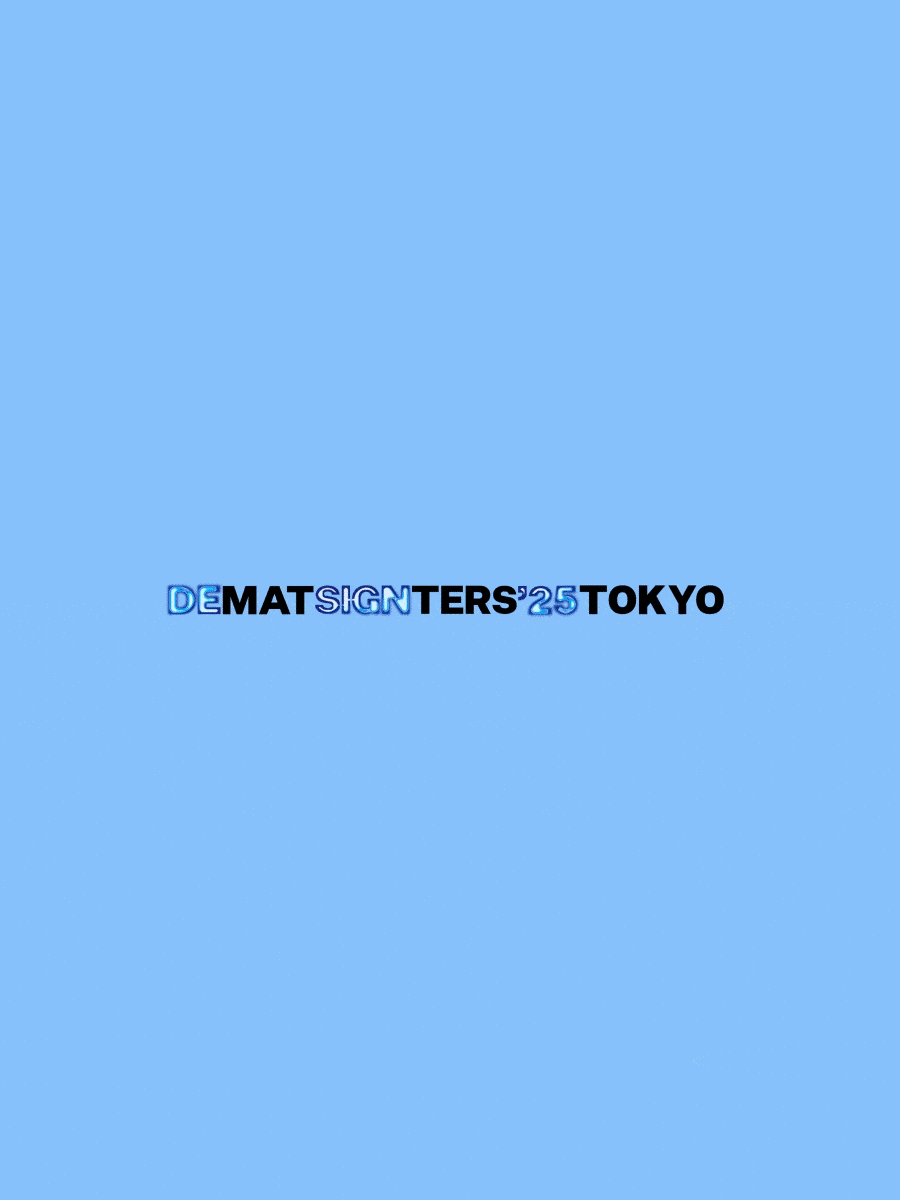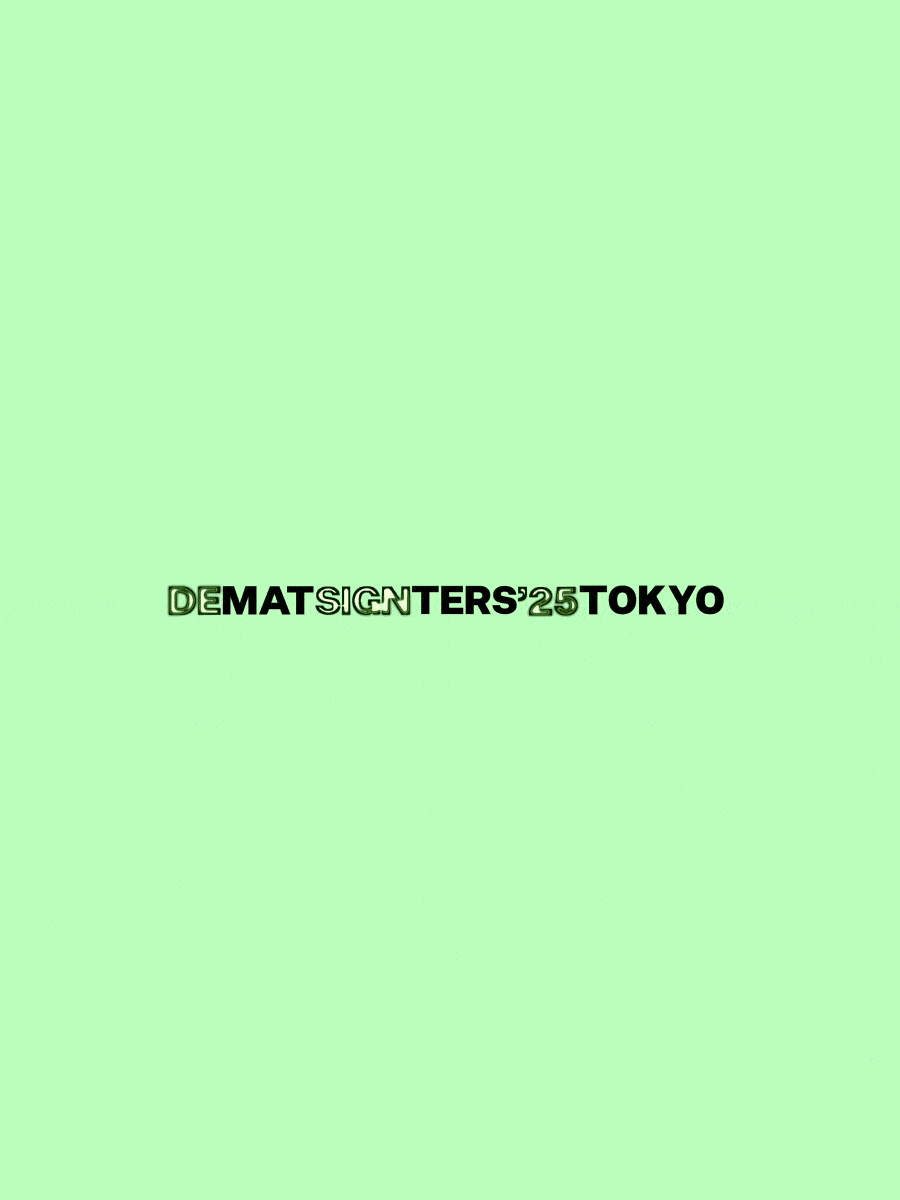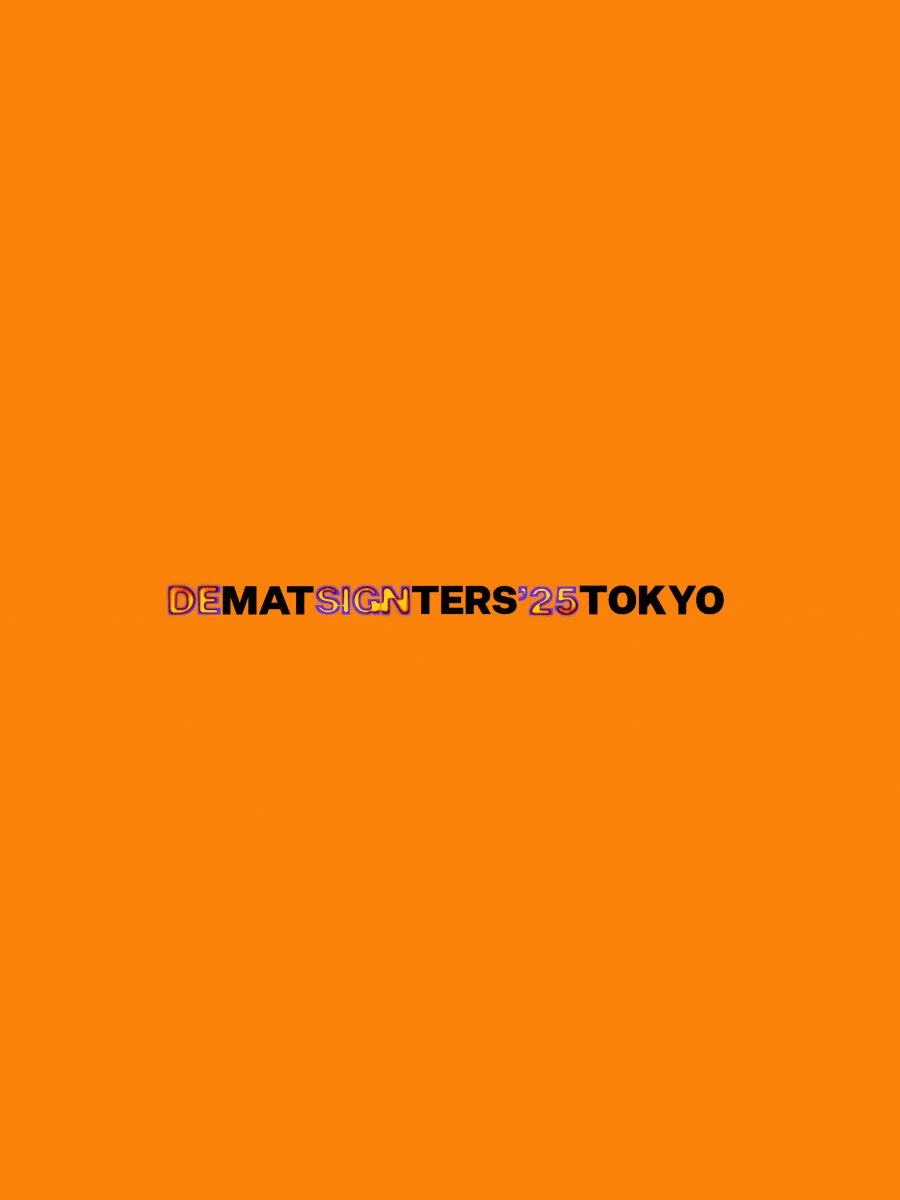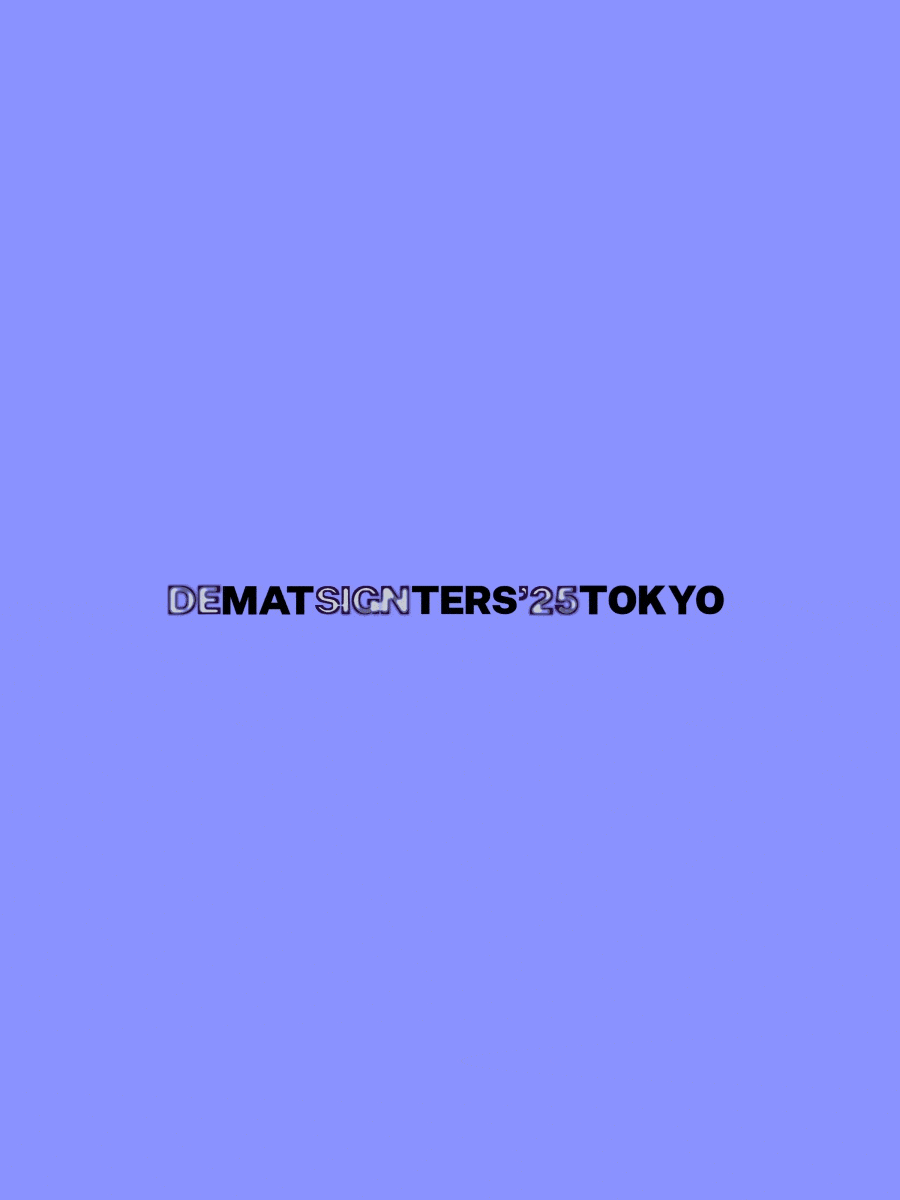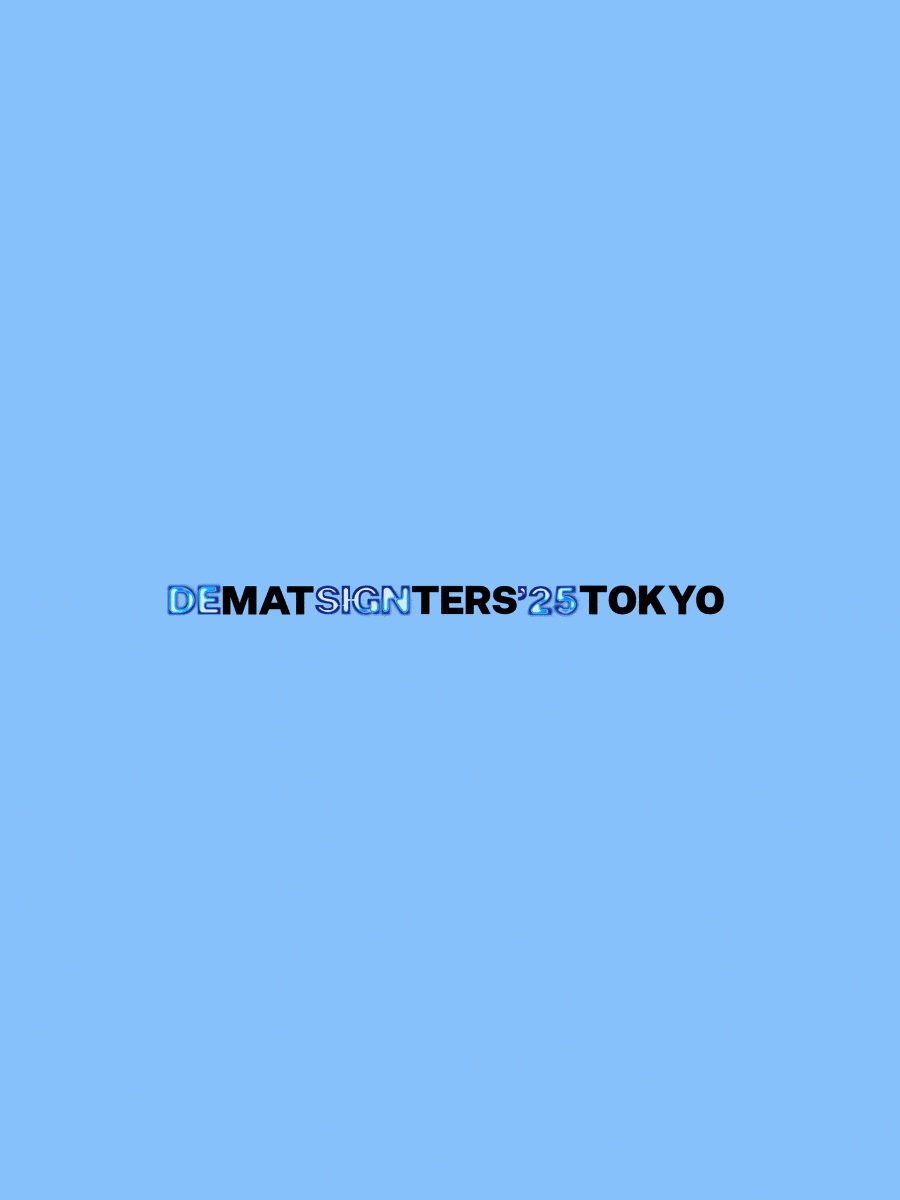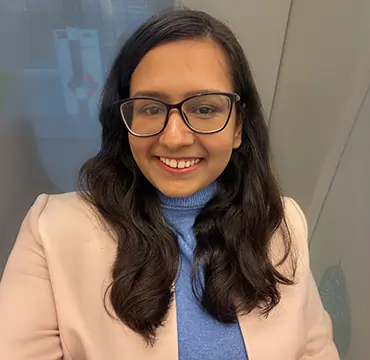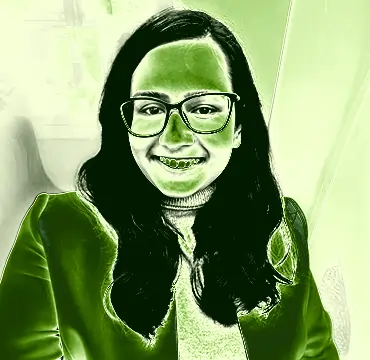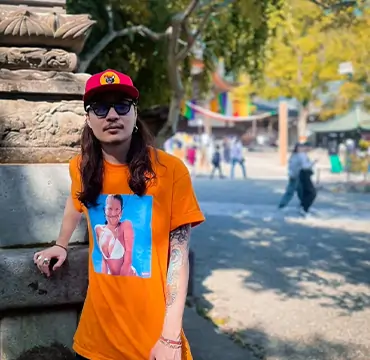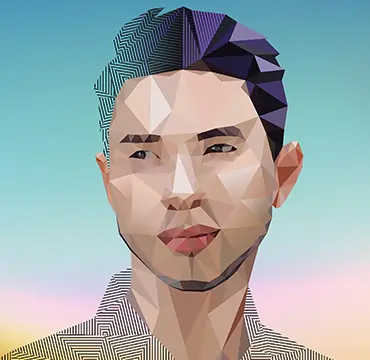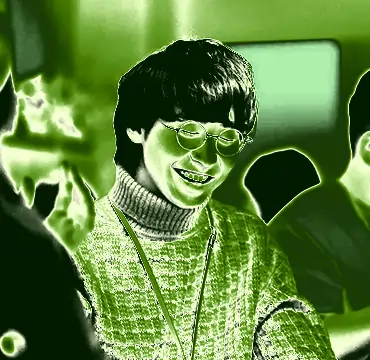Depsyche (Lunch Break Session)
Our work shapes experiences for others, but how often do we design for ourselves?
This lunchtime workshop opens a space to step back from the fast pace of projects, deadlines, and deliverables to reflect on the inner side of design**,** the psychology of creativity, wellbeing, and self-awareness.
The session will have guided conversations, interactive activities, and practical modules that show how psychological insights can enhance both the way we design for others and the way we care for ourselves as designers. Expect moments of reflection, fun group exercises, and simple takeaways that you can apply in your daily practice to foster resilience, empathy, and balance.
Whether you’re curious about how psychology influences design decisions, or you’re seeking tools to support your own wellbeing, this workshop offers a chance to pause, recharge, and rethink how we design, all while enjoying a meal with fellow designers!
'Dear Designer' (Art Installation)
Dear Designer is an art installation designed by designers, for designers, to foster emotional support, shared experiences, and mutual encouragement. It is a living, evolving conversation, happening through the exchange of heartfelt letters.
The project covers 5 commonly recurring mental health challenges faced by designers such as imposter syndrome, isolation, and creative blocks, and offers a space to solve them together. Let's create a more compassionate community together, one letter at a time!
